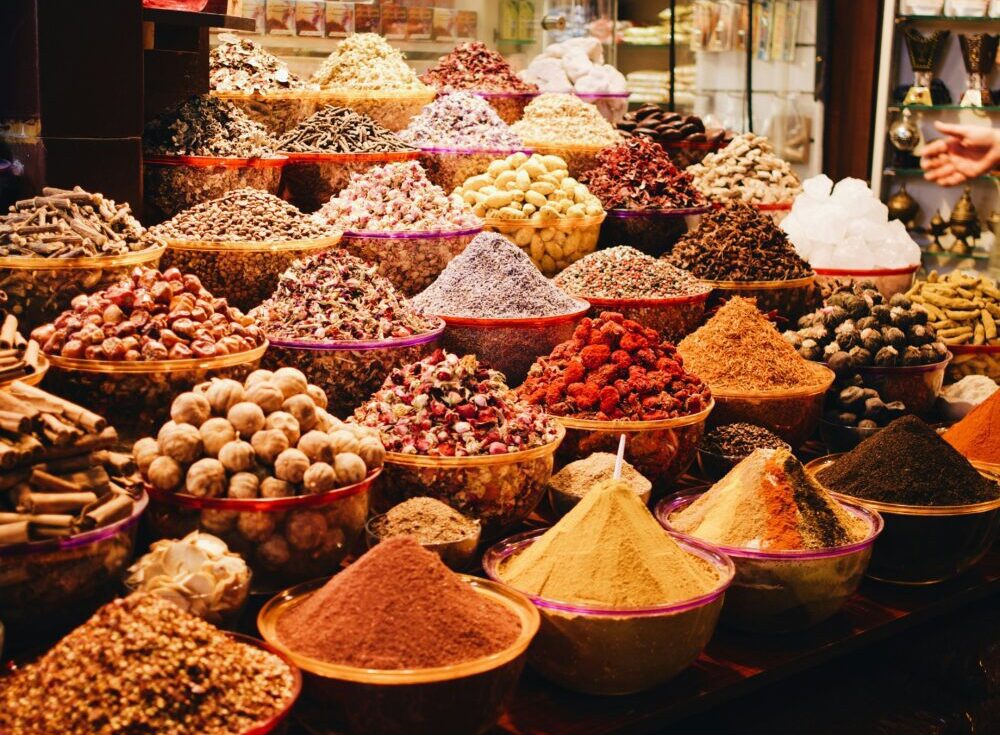Shortly after my acceptance to Harvard, I was thrust into the pre-freshman ritual of preparing for admitted students weekend, where incoming students attend student-organized events and lectures coinciding with our academic interests. Upon arrival, I did what any social sciences student would: I attended Pastries and Politics, a mixer for those interested in Harvard’s Institute of Politics. Handpicking from the treats provided, it became clear that despite my unfamiliarity with Harvard, food was a comfortable and innovative avenue for engaging in political discussion.
The intersection of food and politics, however, is not only bound to academia. For centuries, the political power of food has evaded mainstream focus but continues to work beneath the dinner table to shape international relations between countries. Yet, it is becoming clear that food, once a tool of diplomacy, is actively being manipulated into a more ruinous force. Moreover, if this shift remains unrecognized, then food’s power to instigate global conflict and disrupt peace will grow, eventually leaving diplomacy on the chopping block.
Exemplifying the use of food as a diplomatic tactic was President Richard Nixon, who ascended to power amid political tension between the democratic United States and the communist People’s Republic of China. However, he encouraged rapprochement by accepting a banquet invitation extended by Chinese Premier Zhou Enlai in 1972. Nixon’s decision resulted in a globally sensationalized photo of the president eating with chopsticks amongst Chinese officials and an abundance of extravagant cultural dishes.
This act of culinary diplomacy eased political traction and commenced a newfound promotion of Chinese restaurants and cuisine in the U.S. The use of flavor promoted diplomacy and economic diversity, creating a new recipe in the grand banquet of soft political power. Although utilized in practice years earlier, as demonstrated by the growth in popularity of Chinese cuisine in the U.S., the term “gastro-diplomacy” became more popular in the 2000s, defined as a method of public diplomacy, nation branding, and international influence through food.
Almost three decades after Nixon’s visit to China, The Economist documented a less eminent use of culinary diplomacy by the Thai government, whose goal was to achieve global legitimacy. In attempts to enforce their status as a nation while subtly deepening international relations, the Thai government instituted the Global Thai Program in 2002, which called for an international increase in Thai restaurants.The program included incentives, such as rewarding foreign restaurants that used Thai exported produce with the “Thai Select” label. Ultimately, Thailand’s bold gambit led to a global ubiquity of Thai restaurants and promoted long-standing diplomatic relations by generating a favorable and economically attractive national image.
Food also has the power to build peace through the creation of food systems in vulnerable communities. Despite devastating conflict encircling the nation, Myanmar aimed for internal stability utilizing the help of international diplomacy. By creating Salween Peace Park, a conservated indigenous land with diverse agricultural systems, Myanmar prompted agricultural independence for many communities in the country. The program’s success received global recognition and the 2020 Equator Prize, highlighting the need for culinary approaches to societal problems and the importance of the international community.
While using food to foster diplomacy has long been a “soft-power” phenomenon, recently, the manipulation of food from a peace-building tool into a strategic weapon of warfare by governments, military forces, and even international organizations.
Recognizing the increased use of starvation in World War II, the Geneva Convention of Civilians prohibited starvation as a military tactic. Yet, recent increases in armed conflict globally undeniably mirror the causes of the convention’s creation. In 2017, the UN reported the strategic use of scorched-earth practices in the Democratic Republic of Congo, as the military destroyed villages and fields vital to agriculture, ravaging over a quarter of the DRC’s agricultural sector, and leaving more than seven million Congolese people in situations of acute hunger.
In a strikingly similar fashion, a cohort of United Nations experts have recognized a “targeted starvation campaign” that has spread throughout Gaza, where 90% of children lack the cultural food that once aided in the establishment of a national Palestinian identity. But when that resource is gone, culture is malnourished and lives are caught in the crossfire.
When food is utilized as a weapon, it shifts from a tool of soft power, regarded as cooperative and diplomtatic, into hard power, known as a force for coercion. With the deliberate manipulation, and even denial, of food in conflict, it is clear that this necessity has transformed into the hard power tactic. And it begs the question: If gastro-diplomacy is now a significant form of hard power, how do we prevent its destructive misuse?
Given the complicated relationship between politics and food in the sphere of international relations, it’s important to recognize the privilege of viewing food not as a means of survival or under a politicized lens but, rather, simply as food. While it may not carry the same prestige as conversing, and gorging, at Pastries and Politics, reading this article just as food for thought reflects a position we often take for granted. Moreover, recognizing this shift is key in identifying ways to reclaim food’s diplomatic origins as a means of international coexistence.
Executive Director of the World Food Programme, David Beasley, outlines that the path to peace begins with food. Beasley furthers that by establishing food security in vulnerable communities and promoting food-based humanitarian aid to countries involved in conflict, countries can perpetuate global cohesion. Campaigns, such as WFP’s in South Sudan, aim to provide emergency food relief and support agricultural resilience, which successfully achieves stability.
Beyond doubt, the intertwining of food and politics reflects the strange amount of political power meals carry. Food is such an important diplomatic tool, not simply because of its power to connect us, but because it is an intrinsically human need. When we recognize the shift this tool has taken from peace-building to a conflict-inducing weapon, we get one step closer to returning food to its diplomatic origins and becoming even more united.



